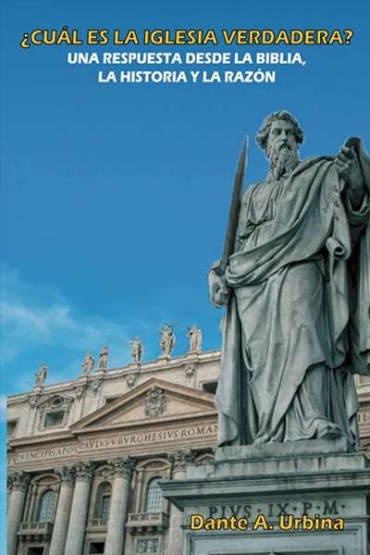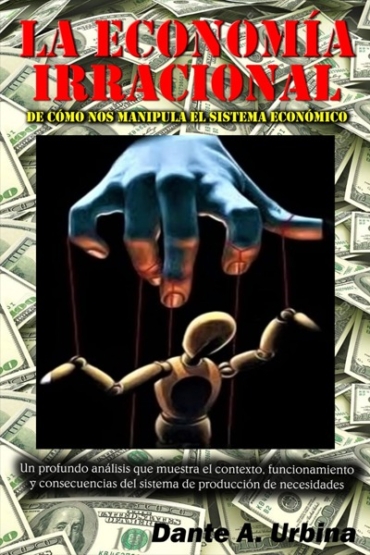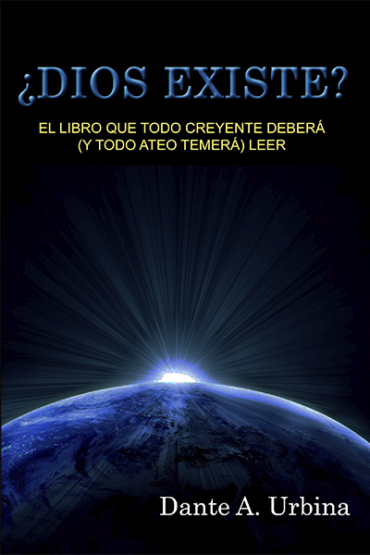Let us imagine for a moment that the production function of orthodox economics is valid. Let us also imagine that, in fact, we have to carry out an actual production process on that basis. Let us think of the production of a cake. What do we need? According to the neoclassical production function -which has the general notation Q = f (K, L)- we would need capital and labor. Then we gather all the elements of capital (defined as the set of instruments that are used to produce): jars, bowls, trays, oven, pans, knives, etc. We also gather the elements of labor: basically it would be our own workforce (or the workforce of a chef) including all the abilities to make cakes. Thus, given a technological configuration, i.e., an established relationship between the factors (Q=f(.)) of production including the elements of capital (K) and labor (L) that have been mentioned, we should be able to obtain product, that is, a cake. However, we do not obtain anything! It is not possible… there must be an explanation…
We carry out an intensive increase of productive factors: we get much bigger bowls (K) and we hire many chefs (L)… Nevertheless, we still do not get a single cake! “Why?”, we ask ourselves. The answer is very simple: nothing is produced because there is no raw material with which to produce! No matter how many bowls we get or how many chefs we hire if there is no batter to mix! Indeed, based on the neoclassical production function, we have gathered all the elements of capital and labor but we have not taken raw material into account. Surely, we have mentioned various things. But we have not mentioned flour, sugar, eggs, etc. Thus, based on the neoclassical production function, we have attempted to be God: we have wanted to create something out of nothing! However, it becomes evidently absurd in this context and in any real productive process: one cannot make a cake without cake batter. One cannot produce without raw materials.
Well, it is precisely on this basis that the great economist Nicholas Georgescu-Roegen, initiator of ecological economics, criticizes the production function and orthodox economics (which he correctly calls “pencil-and-paper” economics). He begins by analyzing the physical basis of the production process (1) and immediately notes the implications of the First Law of Thermodynamics (according to which “Matter can neither be created nor destroyed, it can only be transformed”): one cannot produce without a material basis. Consequently, the neoclassical production function becomes inconsistent and absurd for not taking nature into account.
This is obvious. Nevertheless, in the nineteenth century, the era when neoclassical school was born, the modernists believed in the “theory of indefinite progress” and they asserted that natural resources were endless, so that there could never be a limit to human prosperity. Orthodox theorists assumed this belief and constructed economic theory upon this basis. So, the most essential and limiting factor of the economic process was left aside: the ecological factor. Nevertheless, as Max Neef correctly states: “There is no possible economy regardless the services provided by ecosystems. This is so absolutely clear and so absolutely obvious that it is truly an epistemological scandal that in any economics textbook, if you go to the index of key words, you cannot find the words ´ecosystem´, ´nature´ or ´thermodynamics´. They do not exist! Simply they do not exist. Why? Because the economy is conceived as a closed system, which is not related to any other system (…) when obviously it is involved in a larger system called biosphere and around which are all the services provided by the elements of this biosphere. Where would be the economists if the photosynthesis stops? Economists would not exist! What would happen in the economy, if all the bees die suddenly? There would be no pollination… But no economist assumes that he has to know that. (…) All this happens in a gigantic sea of ignorance in economics” (2). In other words, there can be no economy without ecology and orthodox economics still does not know it.
“But the problem is easy to solve!”, the orthodox economists will say. “We add the variable R (natural resources) in the production function and that´s all folks!” That level of ignorance is surprising. An ignorance only comparable with that of orthodox economists when they claim that they have understood the process of technological change just because they have incorporated a variable A into the production function (3).
Let us see. Given a “Solow-Stiglitz” (this is the name of the artifice with which it has been pretended to solve the problem) version of the production function, the Cobb-Douglas form will be:
Q = Ka . Lb . Rc
such that: a + b + c = 1
Given that it is a Cobb-Douglas production function, this implies complete factor substitutability, i.e., that one can replace one of the factors with another (or others) maintaining the same level of production. However, here is precisely where the inconsistency resides. Mathematically, if R (natural resources) tends to zero, this reduction can be compensated by increases in K or L maintaining the same level of production. The multiplicative structure of the function permits this. However, this becomes inconsistent in the factual reality because if R tends to zero, K and L necessarily have to do so at some time. First, because they depend on R: capital goods are products that come from a previous process which presupposes nature and, in turn, the labor force requires natural resources to live (Can anyone imagine what would happen with our productivity if we drank only one glass of water per month?). Second, because the quantity of product that capital and labor can generate always and necessarily depends on the flow of inputs to be transformed (no matter how rapidly the chef works or how big the available bowl is, if he does not have ingredients for the cake batter he could not make a single cake).
Thus, Georgescu-Roegen’s critique of the production function shows clearly that the economy has ecological limits. And this leads us to the central concept of his analysis: entropy (growing and irreversible disorder), which implies that the availability of a certain amount of energy, once it has been used, does not retain the same properties to create useful work. In this way, as soon as the natural resources are transformed, they pass from a low entropy state to a high entropy state and, consequently, it is increasingly difficult to transform them into useful products. So, our use of natural resources has an objective limit: capital and labor cannot exploit the nature forever because it is also subject to the Law of diminishing returns.
That is not to mention the problem of the waste and environmental pollution that every productive process involves. Indeed, given that -due to the law of entropy- it is impossible to achieve 100% efficiency, to produce something always and necessarily generate a residue or waste (4) which must be treated. In other words, after making a cake you have to clean the kitchen and wash the utensils. The same applies for the whole planet.
Nevertheless, orthodox economics has systematically neglected all this. According to its view, the ecological factor is purely exogenous. But “economics” etymologically means “household management”. And our house is ultimately the planet Earth. But orthodox economics has proved itself as a bad manager because, by leaving out the ecological factor, it necessarily bears much of the blame for the current problem of global warming that we are facing. In conclusion: orthodox economics is bad economics.
* This an excerpt from chapter of the book “Economics for Heretics: Debunking the Myths of Orthodox Economics” by Dante A. Urbina. You can have access to the full book HERE
References:
1. Nicholas Georgescu-Roegen, The Entropy Law and the Economic Process, Harvard University Press, Cambridge, 1971.
2. Manfred Max Neef, “Economía y Medio Ambiente”, conference held at the Austral University of Chile, Valdivia, May 28, 2010.
3. For more details about this misery, see the aforementioned Solow growth model with the “AK technology” variant in any manual of “advanced” (!) macroeconomics.
4. Cf. Nicholas Georgescu-Roegen, The Entropy Law and the Economic Process, Harvard University Press, Cambridge, 1971, p. 231.











